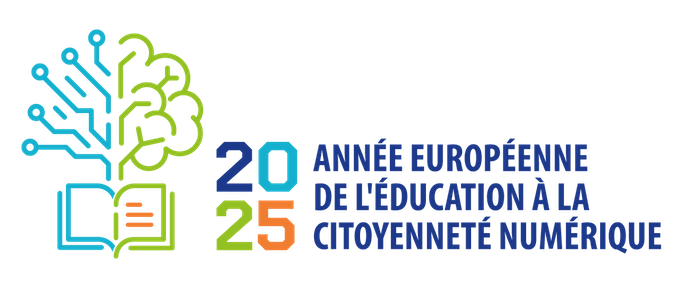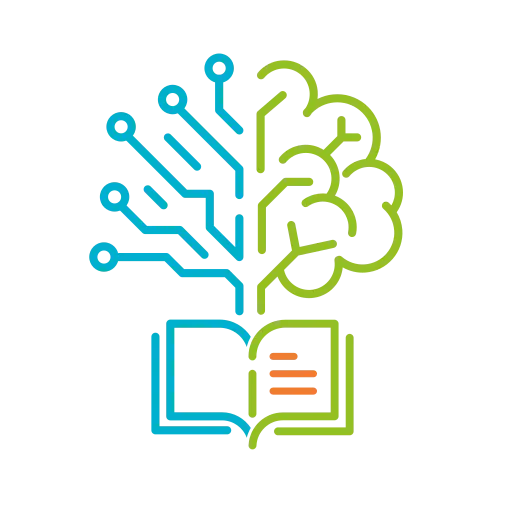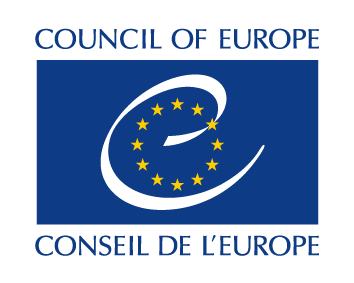For initiatives 1., 2. and 3: A webpage of the Ministry of Education website is dedicated to the policies and initiatives on DCE. The Charter for digital culture and citizenship education, the Memorandum on MIL and the EduNum letter on digital citizenship were addressed to the education community. Material has also been published on the Ministry of Education website for parents to support them on digital education (‘mallette des parents au numérique’). According to the national authorities responding to the online survey, a teacher community dedicated to DCE will be launched in January 2025 and the link will be available on the Ministry webpage dedicated to DCE.
3. The EduNum letters on MIL are addressed to teachers and material on MIL is available for teachers such as pedagogical scenarii, a handbook. The CLEMI organises a yearly week on press and media at school. Other material on MIL is available on LUMNI enseignement, S.P.A.M (savoir, penser, analyser les messages). Canopé Network proposes conferences, debates, training and material on MIL. Other relevant events include the Safer Internet Day, and contests for Euroreporters and Kaleidoscoop.
Beyond these initiatives:
4. The Ministry of Education launched the pedagogical kit ‘kit CyberEnJeux’ designed to help teachers build a step-by-step teaching sequence on cyber security and develop skills in learning through games.
5. The Ministry of Education in partnership with the Data protection agency (CNIL) organised the ‘Trophée des classes’ competition in 2023, 2024 and 2025, to promote DCE as part of MIL. The competition was open to classes of pupils aged 9-15, which submit a production using a digital medium (multimedia poster, podcast, quiz, video, digital book, digital game, etc.).
6. The French Safe Internet Centre ‘Internet sans crainte’ organises the Safe Internet Day and offers material and information on digital education and safe internet use.
Sources
- 1., 2., 3., https://eduscol.education.fr/3289/l-education-la-citoyennete-numerique
- https://www.education.gouv.fr/la-mallette-des-parents-au-numerique-323786
- https://eduscol.education.fr/document/4210/download?attachment
https://eduscol.education.fr/3854/lettres-edunum-education-aux-medias-et-l-information
https://eduscol.education.fr/1531/education-aux-medias-et-l-information
- https://www.coe.int/en/web/digital-citizenship-education/-/creating-games-on-cybersecurity
- https://www.coe.int/en/web/digital-citizenship-education/-/-troph%C3%A9es-des-classes-in-france
- https://www.internetsanscrainte.fr/qui-sommes-nous



